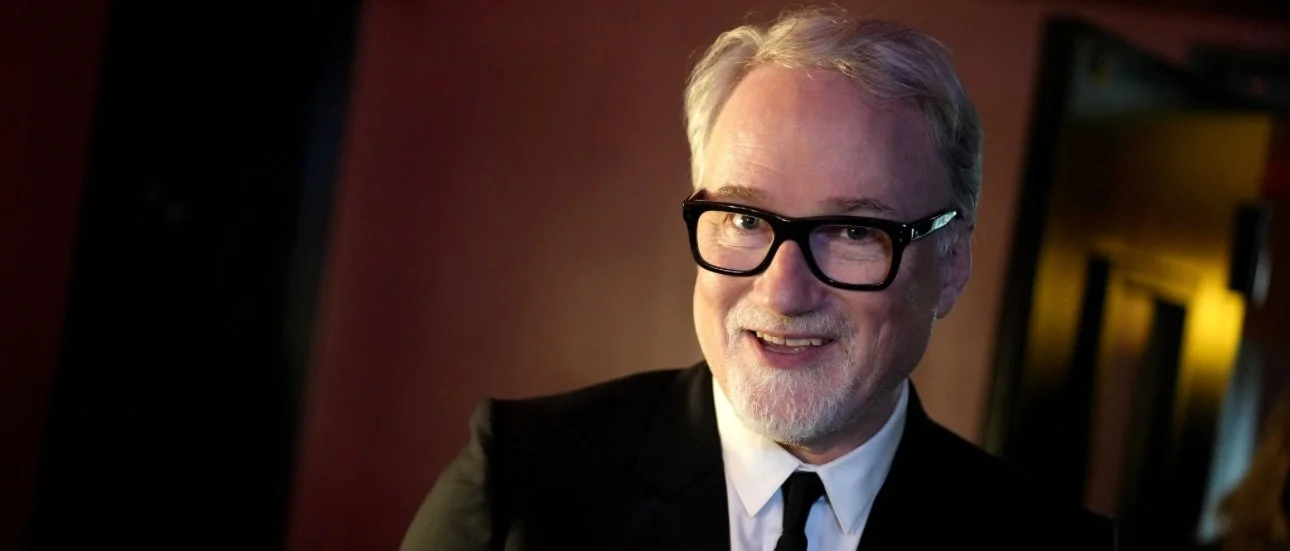It’s 2001, and Catholic high schooler Alice (Natalia Dyer) discovers internet porn in writer/director Karen Maine’s debut feature, “Yes, God, Yes.”
Clocking in at 78 minutes, this SXSW-premiered indie relies on Dyer’s priceless facial expressions to tell the story of a naive, but ultimately repressed teenage girl’s discovery of her own sexuality and the repressive religious chains that keep forbidding her from enacting her desires. The result is an amusing, if somewhat slight, exploration of territory that has been dealt with before in films, but not always with this kind of astute honesty and attention to character.
Maine is mostly known as the writer of the Jenny Slate-starring indie hit, "Obvious Child," but in “Yes, God, Yes,” she seems to be in a more playful mood, skewering religious authority through the eyes of the naively wholesome Alice, whose natural impulses are continuously decried and slammed down by her Catholic school, where Father Murphy (Timothy Simons) teaches them that the only pleasure which should be derived from sex is for the purpose of baby-making and that any other iteration is a sin.
It seems almost impossible to teach celibacy at schools these days, what with this being the age of the internet. That is, of course, unless parents and schools censor certain sites. That doesn’t happen in “Yes, God, Yes,” which is set in 2001, when the internet was at its mainstream infancy and adults couldn’t bother to realize the effect it would have in not only changing their kids, but society as a whole. This total unawareness on their part makes it far too easy for Alice to self-discover. Despite Father Murphy’s snickering, a light bulb is lit in our protagonist’s head when a male student asks about ‘self love’ during an ill-informed and severely censored sex education class. This has Alice surprising herself when her afternoon computer time ends up with her hand reaching into her pants. Later, in bed, she discovers how her phone’s vibration function could be used for means other than alerting an individual that they have a new text message.
Feelings of guilt and regret start filling up Alice’s psyche, so much so that she decides to attend a Christian weekend retreat, where she will soon learn about the hypocrisy that comes with being “friends” with deeply-ingrained Catholics who preach the ill effects of coitus. Similar to Obvious Child, the film tackles its subject matter with subtlety and refreshing sincerity.
Maine’s screenplay doesn’t necessarily represent anything new or incisive to the viewer. Yes, we all know about religion’s sanctimonious stand on sexuality, and yes, we know that high school, for the most part, sucks. Alice finds herself the object of vicious rumors involving ‘tossing a salad’ for a guy she never hung out with before. Of course, and this is where Maine is successful, as naive Alice doesn’t have the slightest idea what "tossing a salad” even means. While she’s wondering just why anyone would mix lettuce with hot water, her best friend Laura (Francesca Reale, Netflix's 'Stranger Things'), who thinks an enema is the ‘water that shoots up your butt when you fall while water skiing,’ starts to think her BFF is a total perv. Oh, high school.
Dyer’s comedic talents drive “Yes, God, Yes” into the very watchable territory. There is a physical comedy aspect to Alice’s hormonally-charged journey, one which Dyer injects with the insecurities and uncertainties that come with being a teenage girl. This is a comedy filled with nervous giggles and immaculate compassion for Alice. Whether this is, much like “Obvious Child,” an autobiographical account of a time in Maine’s life goes unmentioned in the press notes, but one very much sees a personal imprint in the film’s frames. [B]




